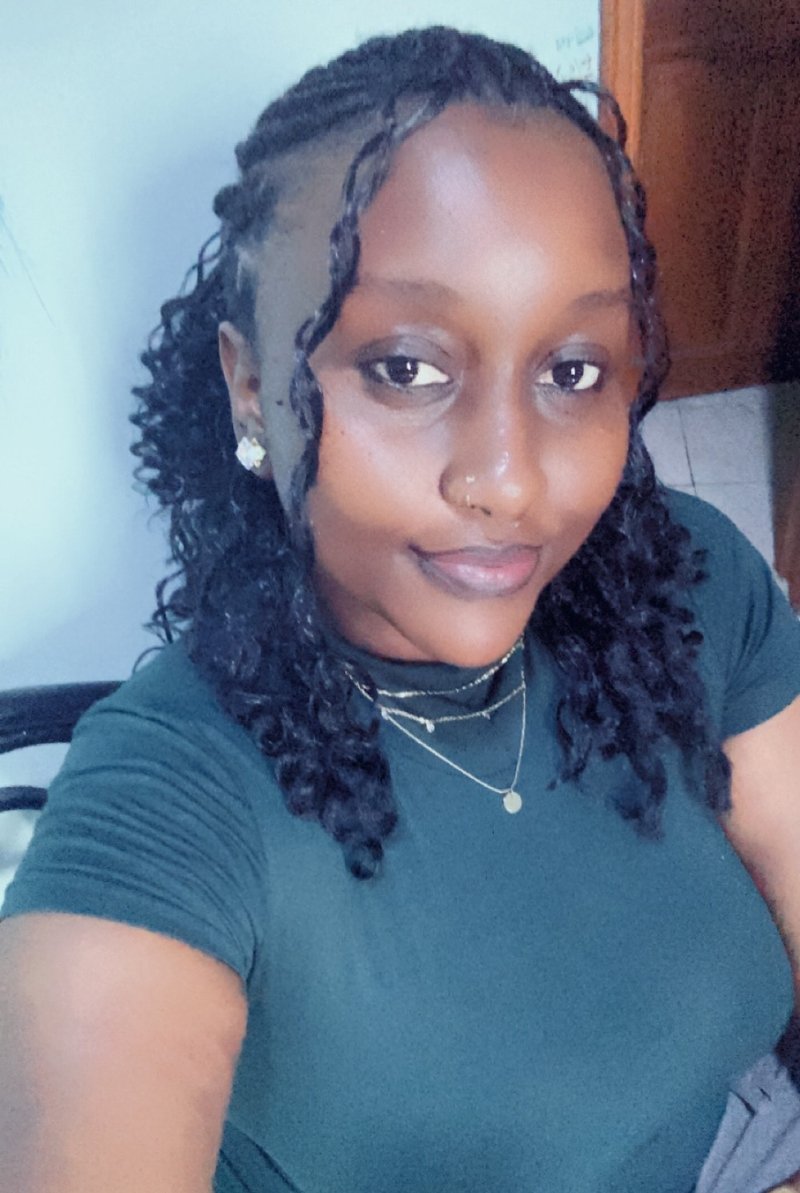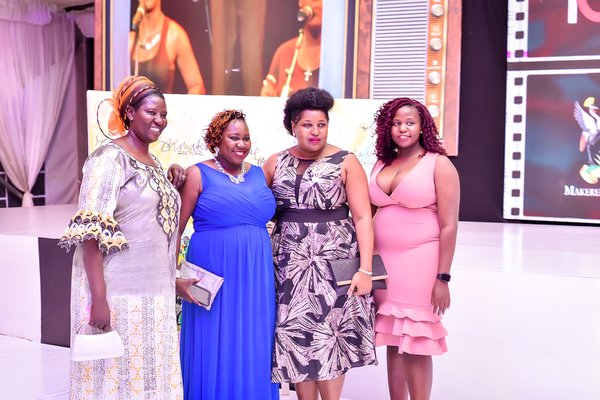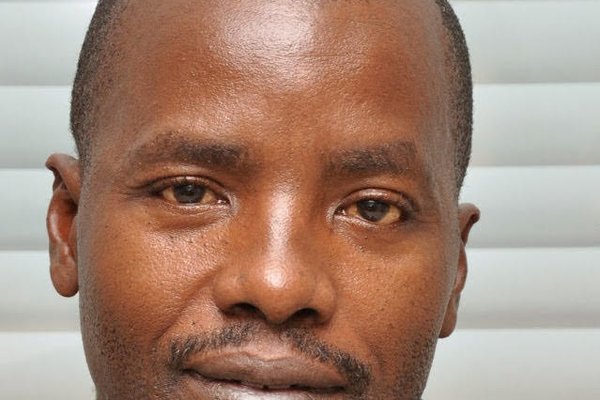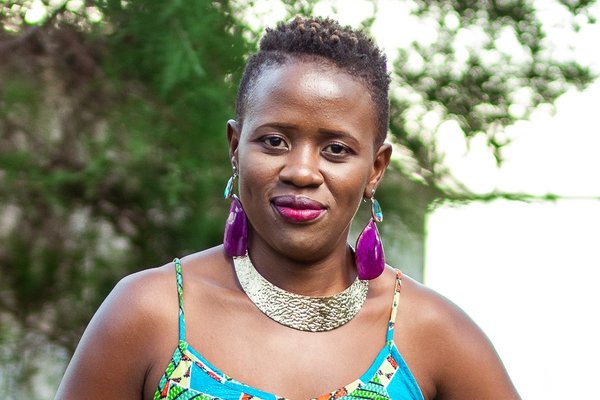By Fionah Barbra Agaba
When I was 15, I asked my mother, “What do you do?” She smiled and said, “I’m a gender expert.” Naturally, my teenage brain did the math: gender equals women, and expert equals professional. So, with unshakeable confidence, I assumed, “Oh, so you teach women how to be professional women?”
My mother burst out laughing — a warm, hearty laugh that hinted at both amusement and a little bit of despair. “No, darling,” she said, patting my head like one does with an overly enthusiastic puppy. “I work to make sure women have the same opportunities and rights as men.”

The author, Fionah Barbara Agaba.
It was an answer that stayed with me, mostly because it made absolutely no sense to me at the time. Women needed opportunities? Weren’t they just...there? What did she mean by rights? It took me years of life, work, and eventually a degree in gender studies to unpack that conversation.
Years after that conversation, I found myself working as a communications officer at a women’s non government organisation (NGO). My job was to craft narratives about empowering women, advocating for gender equality, and pushing for systemic change. But every time I wrote something about “dismantling patriarchy” or “amplifying women’s voices,” I felt like an imposter. I didn’t really know what I was saying. Why did women need to “take up space”? Why was it important for women to “have a seat at the table”? And — this is the kicker — why did that table even matter? That lingering doubt was my wake-up call. I realised I couldn’t keep advocating for something I didn’t fully understand. It wasn’t enough to throw around buzzwords like “equity” “feminism” and “empowerment.” I needed to dig deeper and understand why the world needed these things in the first place. So, I decided to go back to school.
A personal reality check
It wasn’t just my job that pushed me toward gender studies; it was also my family history. I come from a long line of women who refused to take “no” for an answer. My grandmother — a widowed mother of 11 — ran her household like a corporation, juggling financial struggles, societal judgment, and the crushing weight of single motherhood with an iron will and unwavering grace. My father, raised by this powerhouse, calls himself a feminist to this day.
“Your grandmother taught me everything I know,” he often says. “She showed me that a woman can do everything a man can — and often better.”
This lineage of resilience inspired me, but it also left me questioning. If my grandmother had been given the same opportunities as her male counterparts, how much further could she have gone? If society had supported her instead of stigmatising her, would her story have been one of empowerment rather than survival?
And then, there’s society — the great equaliser and, ironically, the great divider. Growing up, I started to notice the stark differences in how women and men were treated. Women were seen as objects of pleasure, not purpose. Their value was tied to how they looked, how they dressed, and how well they fit into society’s mould of “success.” I saw it everywhere, from magazine covers to dress codes and among peer conversations. Boys were taught to be leaders; girls were taught to be nice. Boys were told to dream big; girls were told not to take up too much space. And then there was the insidious, unspoken rule: women had to work twice as hard to be considered half as good. These realisations were maddening. But more than that, they were personal. How could I not study gender when my life—and the lives of the women I loved—was so clearly shaped by its constructs?
A new perspective on equality
Makerere University’s School of Women and Gender Studies, established in 1991, stands as Uganda’s premier institution for advancing gender studies. It combines academic excellence with a strong commitment to addressing gender and development issues from an African perspective. My journey into gender studies at Makerere University has been one of unlearning, relearning, and occasionally crying over academic papers at 2a.m. It’s been a process of confronting my own biases, challenging societal norms, and finding the language to articulate things I’ve always felt but never fully understood.

Makerere University’s School of Women and Gender Studies
Now, here’s where I take a detour to address my younger self (and anyone else who might still think gender and feminism teach women how to be women or hate men).
Gender is not the same as sex. Sex refers to biological differences, chromosomes, hormones, anatomy. Gender on the other hand is a social construct. It’s about roles, behaviours, and expectations society assigns to people based on their perceived sex. This means gender isn’t just about women. It’s about how society views and values people, whether they are women, men, or nonbinary. And these expectations don’t just harm women; they limit men too. For example, men are often discouraged from expressing emotions or pursuing caregiving roles because those things are seen as “feminine.”
The beauty of gender studies is that it helps us see how these constructs intersect with other aspects of identity (race, class, sexuality, ability) and shape our experiences in profound ways. It also makes a compelling case for equality, not just because it’s “the right thing to do,” but because it benefits everyone. Studying gender taught me that equality isn’t about making everyone the same; it’s about creating a world where everyone has the freedom to be themselves without judgment or limitation. When women are given equal opportunities, entire communities thrive. When men are freed from toxic masculinity, they experience better mental health and deeper relationships. Equality isn’t a zero-sum game. It’s a rising tide that lifts all boats.
One thing I must say is this journey has been incredibly rewarding. Gender studies didn’t just give me a career path; it gave me a framework for understanding the world. It taught me that feminism isn’t about “hating men”; it’s about dismantling systems that harm us all. It showed me that change is possible, but only if we’re willing to do the work, individually and collectively.
If I could go back to that day when I asked my mother what she did, I’d tell my younger self this:
Gender isn’t about teaching women how to be women. It’s about teaching the world to see women as people. It’s about making space for everyone to live authentically, without fear or limitation. And yes, it’s about having hard conversations and making people uncomfortable, but only because comfort has never been a catalyst for change.
So, here’s to the gender experts, the feminist fathers, and the trailblazing grandmothers. Here’s to asking questions, challenging norms, and fighting for a world where everyone — regardless of gender — has a seat at the table.
And if you don’t find that table? Make your own.
Related News
![]() Please join hands with the Makerere University Endowment Fund as it works towards attracting & retaining the best faculty, providing scholarships, and investing in cutting-edge research and technology.
Please join hands with the Makerere University Endowment Fund as it works towards attracting & retaining the best faculty, providing scholarships, and investing in cutting-edge research and technology.



